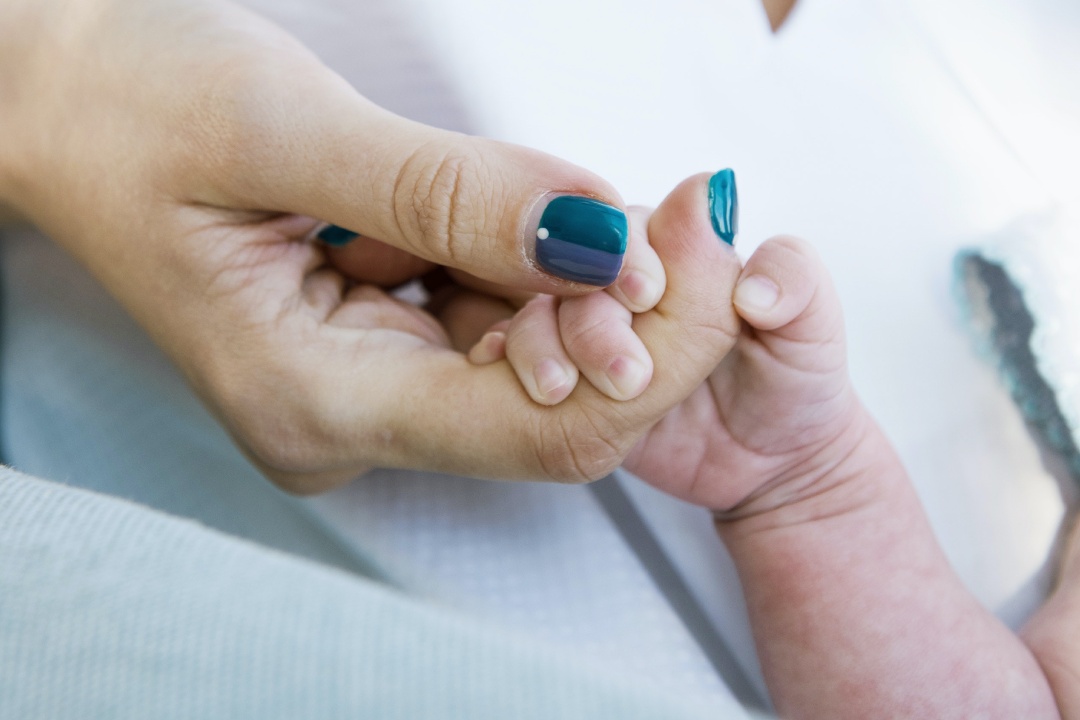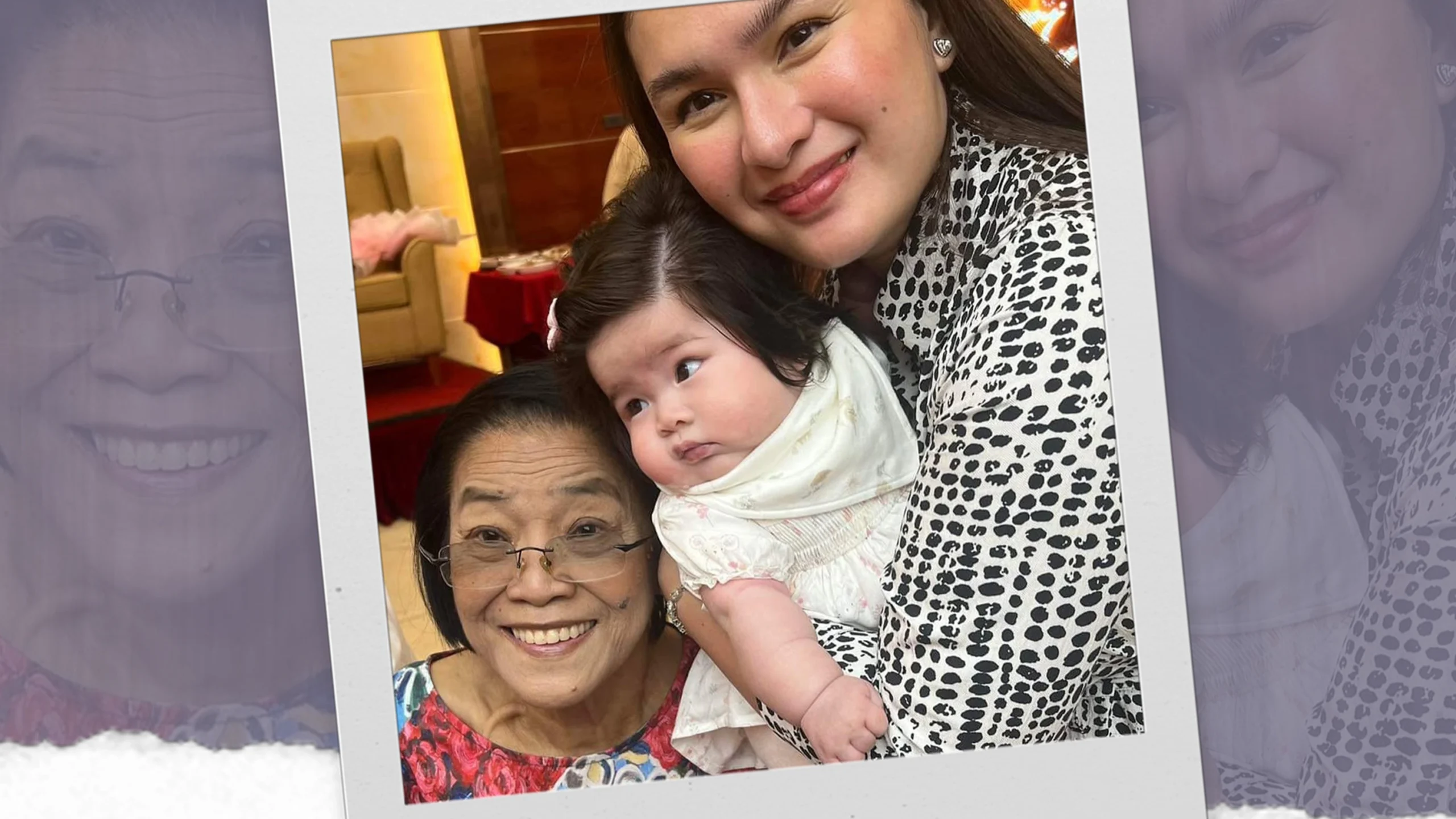Postpartum Depression: Yes, It’s Real
Alessandra Panicucci-Schulze shares her story about postpartum depression and what helped her get over it
My journey to motherhood wasn’t easy. It took three years before I got pregnant. My husband and I wanted to have a family early on because it was something we really wanted. Everything went smoothly at first, until I was in the labor room.
It all goes downhill from here…
I was shocked because nothing went as I expected. I wanted my husband at my side but he was only allowed in during visiting hours. I also wanted to have a natural delivery, but it wasn’t possible because I had already been in labor for two days. My son was always a very active baby in my belly until the very end — to the point that he was slanted instead of straight to go through the birthing canal.
After each time I’d push, he’d go back in — I had such a hard time that we had to do a Caesarean. Thankfully, my son was born strong and healthy. But the worst was still to come. I discovered that I didn’t have enough milk to feed my hungry son. I ended up resorting to mixed feeding so that he wouldn’t be dehydrated. Unfortunately, we had to hide the formula as it isn’t allowed. I was sad because could hardly nourish my child with breast milk alone, I needed the help of formula milk.
After being discharged after four days, I felt great. And then I didn’t. I started crying a lot because my milk supply was decreasing, to the point that it completely dried out. I felt angry, frustrated, unhappy, and sad. All I really wanted was to be able to sustain the needs of my baby without having to buy formula, when in fact I should have known that fed is best.
When being alone hurts
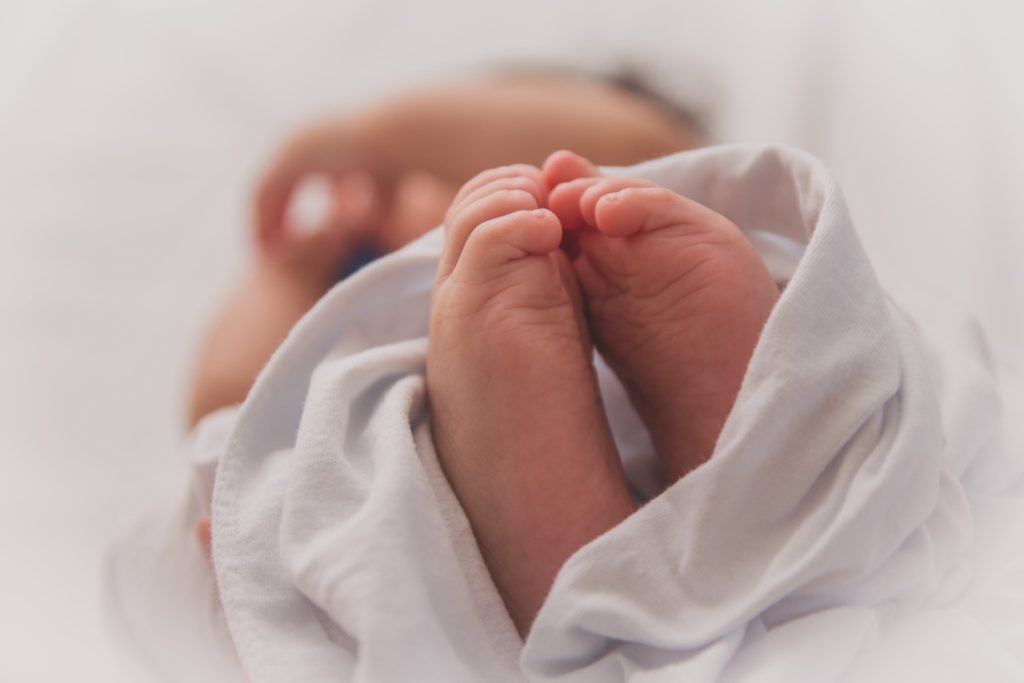
Every day it was only me and my baby at home, we didn’t have any help. I was really alone and that started to make me feel really depressed. I started to notice a change in me by the time the second week postpartum came along. I would get such bad, horrible anxiety every time I was all alone at home with my baby to the point that I couldn’t bear to be alone, not wanting to hold or carry my baby.
Not just baby blues
I would cry so much because of this, I felt so angry, embarrassed and ashamed of myself. This was when I knew right away that it wasn’t just “Baby Blues”, as my mother would call it. I knew my emotional health was telling me that I needed help and had to find a way to fix this. My husband helped a lot by making sure that I wasn’t alone for long periods of time because my postpartum depression episodes (as I would call them) would occur when I was alone at home without anyone else to help me.
What helped…
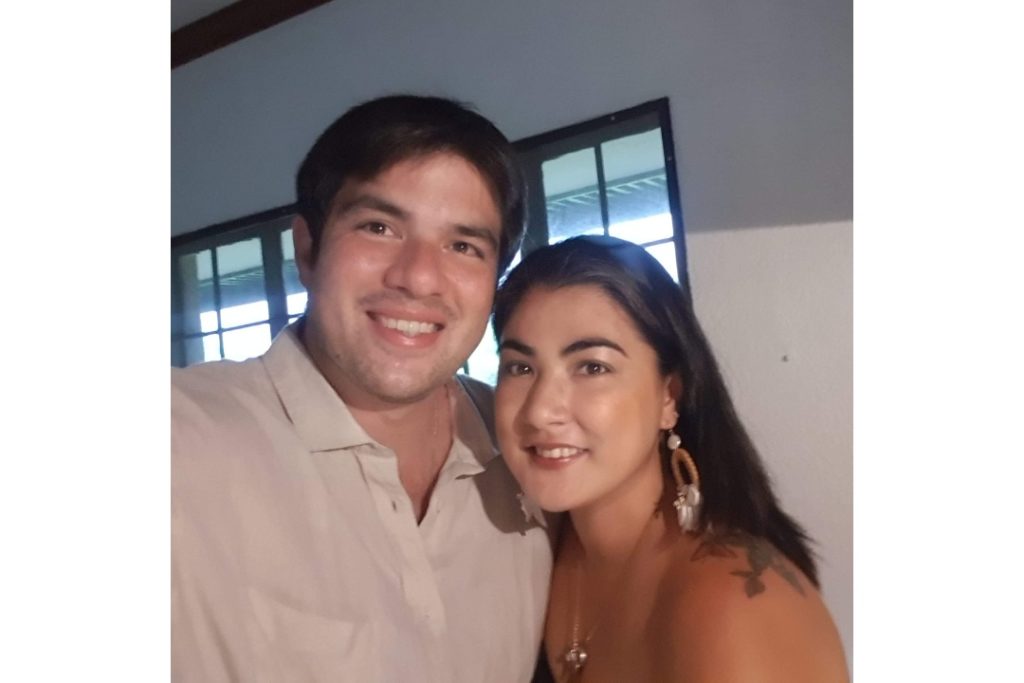
My husband was so supportive, every time he had somewhere to go for work he would make sure that it was only for two to three hours, which helped a lot because then I knew that there was a time limit to being alone. It was very hard for us to find a good yaya, and my husband and I were sleep deprived. Luckily, by the time my son was eleven months old, we finally were blessed with a good yaya.

After my son’s first birthday my mom decided to treat me on a trip back to Rome to have a break. It gave me the chance to breathe and have some family bonding of my own which helped my emotional stability and my postpartum depression became less frequent.
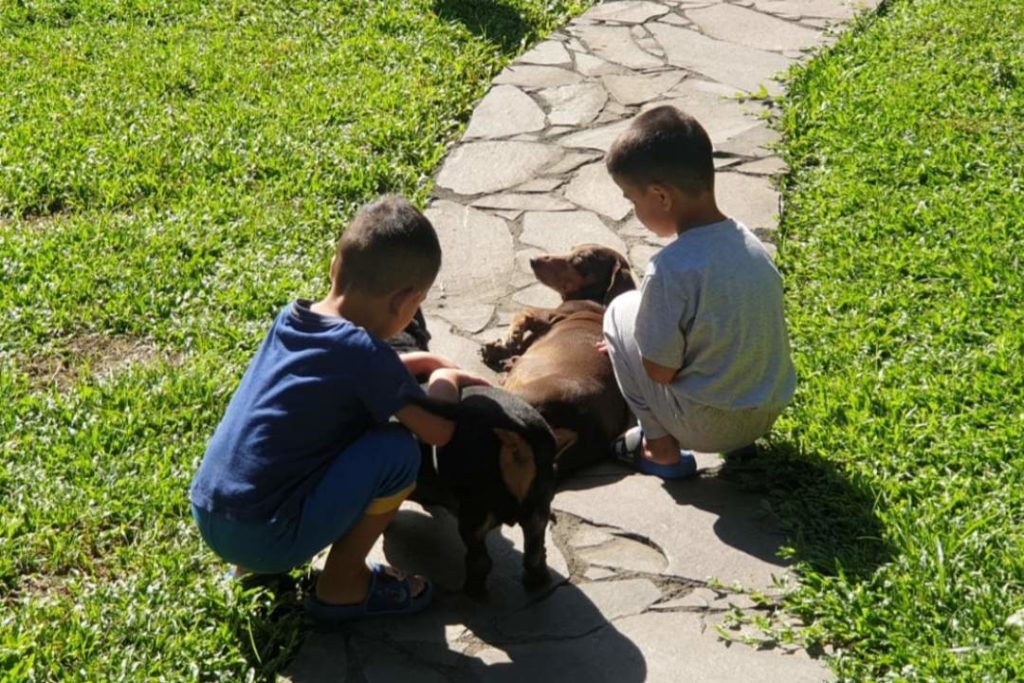
By the time I was pregnant with my second baby I was more prepared and so my postpartum depression wasn’t as bad but it was already overlapping since my first pregnancy. I was advised to speak to a therapist but to be honest, I felt I needed something different. A year after my second son was born, I decided to enroll in the nearby gym outside our subdivision. I started working out every day even including on Sundays. The gym became therapy and it has really helped me a lot.
What I know now about Postpartum Depression
In my experience, postpartum depression hit me like a strong wave and in the first year postpartum, it felt like it was never going to end. During my first pregnancy, I didn’t know anything about postpartum depression because nobody was really talking about it until I’d see a few headlines in the internet about new mothers who couldn’t survive it.
This made me want to reach out and help women I knew who are expecting mothers to research about postpartum and warn them about my experience. I believe that if I had knowledge about postpartum depression before I gave birth, maybe I would have been more prepared. I hope that this story will help those who are experiencing it, or have experienced it.
Stories about new moms? Here’s more!
Camille Co-Koro: A New Mom’s Grid
Why It’s Important for New Moms to Find Support in Fellow Moms
Katarina Rodriguez on the Essence of a Woman Following the Birth of Her Son
